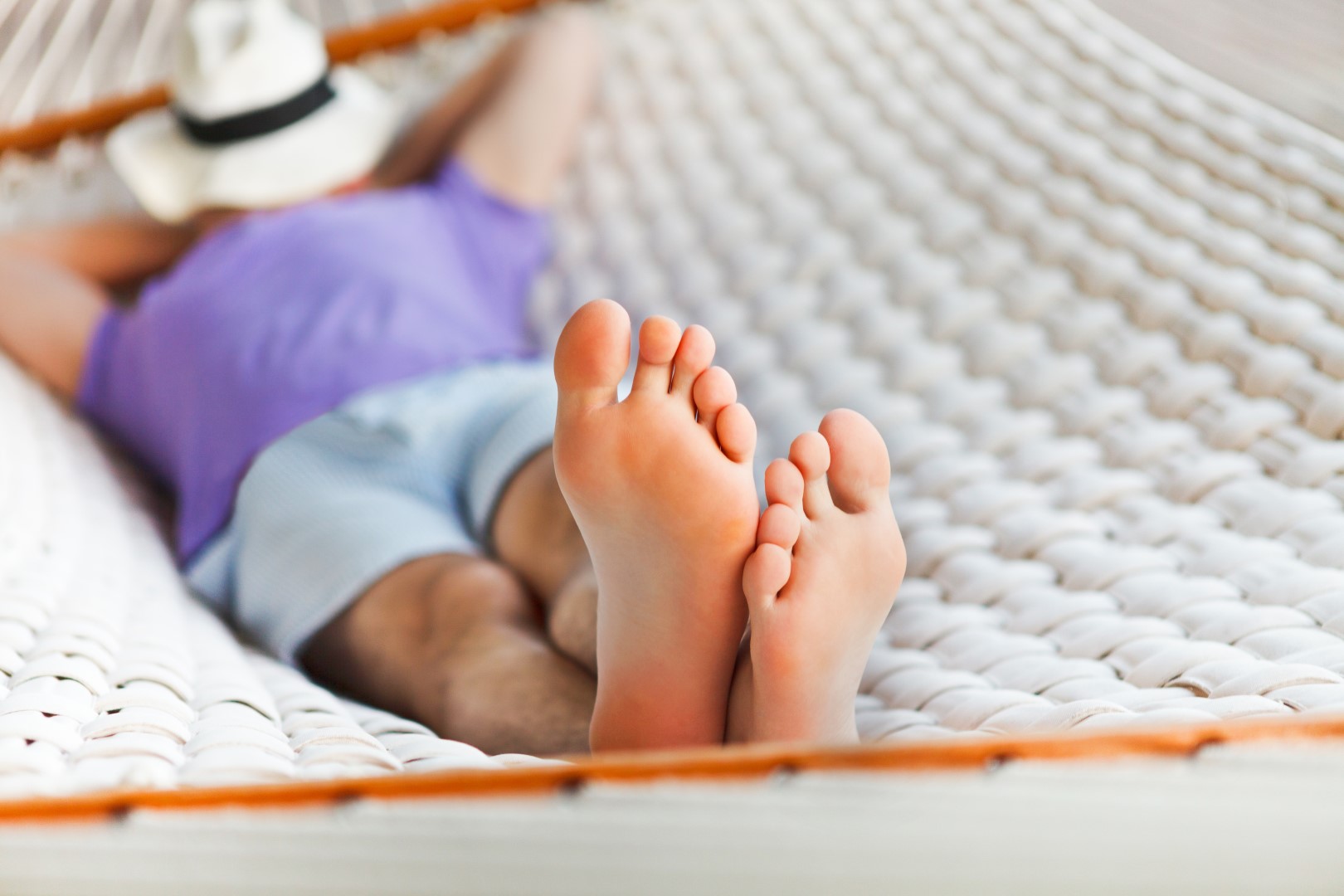In the past decade, scientists have been racking their brains around the benefits and harms of napping throughout the day. Studies have clearly shown that napping just 20 to 30 minutes a day can improve focus, creativity, and performance. A study carried out by NASA concluded that tired military pilots benefited greatly from a 26-minute nap, improving alertness by more than 50%. The science is clear and the benefits are obvious. Follow along as we list the positives and negatives of napping!
Positives of Drifting Off Mid-Day
Multiple sleep studies have proven that napping can have positive effects on your mood and work ethic. Individuals who took short naps experienced:
- An increase in alertness
- Reduced fatigue in most cases
- A positive change in mood and overall outlook on the day
- Increased reaction time and improvements in memory
- Experienced an overall sense of relaxation
Negatives of Dozing Off
Despite the enormous benefits of napping, there are a few drawbacks worth mentioning. It’s not for everyone!
Grogginess: Upon waking up from a nap, many feel dazed and confused. This feeling can typically last from 15-30 minutes after waking up depending on your level of activity. Try drinking a tall glass of orange juice and a hot cup of coffee to re-wake your senses. You have to do whatever it takes to reintegrate you into your day, or else it will be lost to exhaustion.
Difficulty sleeping at night: Long and even short naps can interfere with your quality of sleep during the night. Many people are programmed to only sleep a certain number of hours a day and cannot exceed their quota no matter the situation. If you experience restlessness during the night, maybe napping is not for you.
Stigmas of napping: Many people judge nappers as lazy and unproductive members of society. Some people mistakenly believe that napping is only for young children and the elderly. If you nap effectively, you can overcome this stigma and still recharge your batteries.
Listen to the science! Naps do not need to be longer than 20-30 minutes to be effective. Planning your naps so that they do not interfere with your schedule is also critical. Do not let sleep control your life, but rather control your sleep schedule as much as possible.
Happy napping!
Angela, Your Sleep Expert


